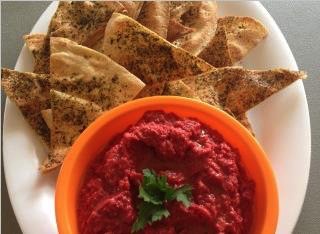Nourishing snacks can play and important role, helping maintain energy levels between meals and contributing to daily nutrient needs. Often, a small snack between meals can prevent you from getting too hungry which can lead to overeating at your next meal.
What types of snacks should I be eating?
Aim to eat snacks that help meet your nutrient needs for the day. Have a snack that satisfies your hunger without being high in kilojoules/calories, fat, salt and sugar. Although it’s fine to have a less-than-healthy snack every once in a while, most snacks should consist of nutrient-dense foods like fruit, vegetables, wholegrains, reduced fat dairy and nuts or seeds.
Try these quick and easy snack ideas
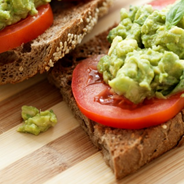
Avocado is a rich source of healthy fats. Choose multigrain bread varieties as these are higher in fibre with a lower GI than other breads.
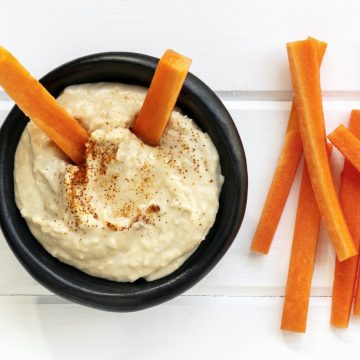
Choose low fat dips such as cottage cheese, hummus, tomato salsa, and tzatziki. Limit creamy dips like French onion or cheese and chives.
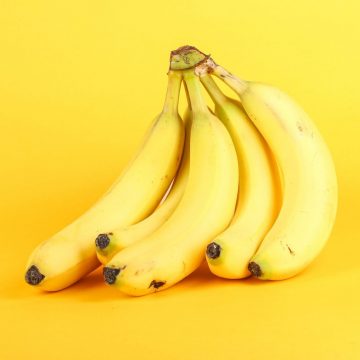
Having a serve of fruit for morning or afternoon tea can help you get the recommended 2 serves of fruit a day.
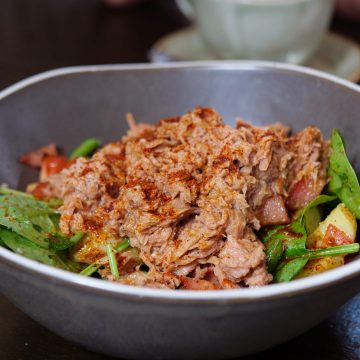
Tinned fish such as tuna or salmon makes a healthy snack whether on its own or with wholegrain crackers. Choose fish in spring water with no added salt.
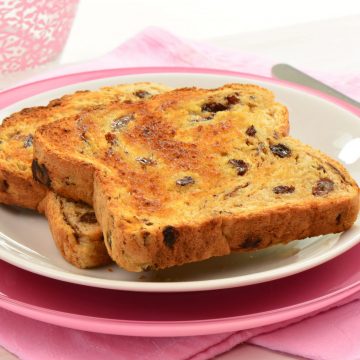
A slice of fruit toast can be a healthy sweet snack that contains fibre. Enjoy it alone or with ricotta or cream cheese.
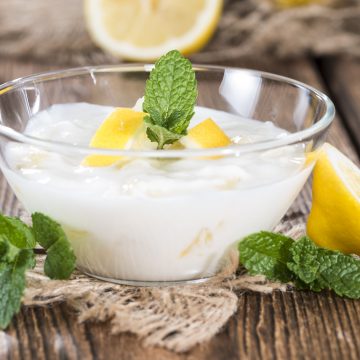
Greek yoghurt is a filling snack and a good source of protein and calcium. Choose a variety with no added sugar.
Not all snacks are created equal!
Sometimes, you might need a quick convenient snack and opt for a packaged product. In these situations take a look at the nutrition panel and ingredients list to help determine if it’s a healthy choice. Look for snacks that have:
- Less than 3g of saturated fat per 100g
- At least 3g or more of fibre per serve
- Less than 200mg of sodium per 100g
- Mainly whole food ingredients, with few additives
Most packaged products come in larger serving sizes than we need. A good guide is to keep your serve to less than 600kJ.
Remember
- A nourishing snack can maintain your energy levels between meals and help you meet your daily nutrient needs.
- Look for nutrient-dense snacks like fruit, vegetables, wholegrains, yogurt and nuts or seeds.
- Choose packaged snacks that are low in saturated fat, and sodium and high in fibre.
